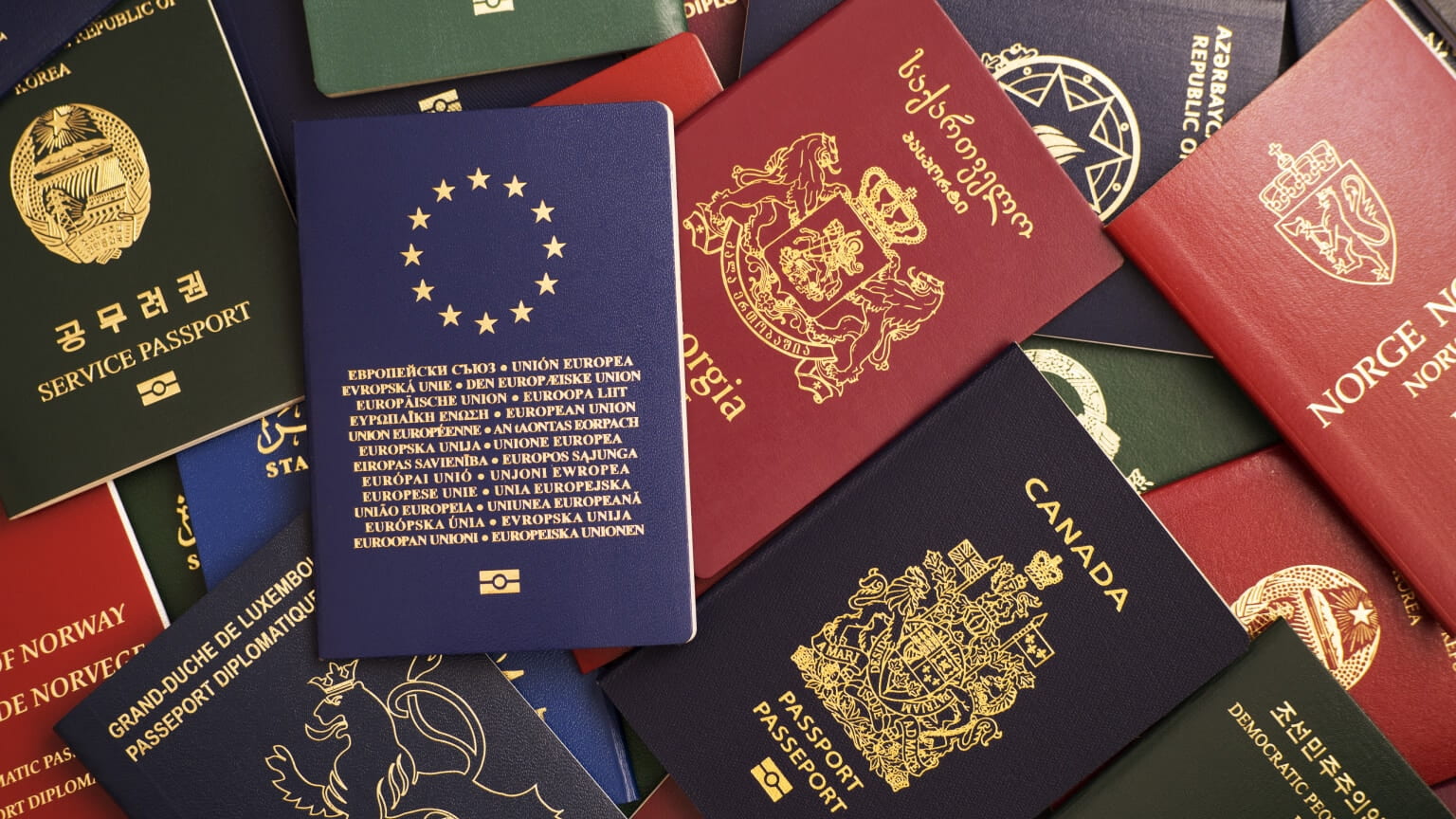
Photo: Collected
For Vietnamese people residing abroad, the issue of nationality is extremely important, especially for people with dual nationality. The following article helps you better understand the issue of multiple nationality and how to properly use a passport when entering and exiting between countries.
Multinationality policy in countries
The following typical countries accept multiple citizenship: Australia, UK, France, USA, Canada. You can apply for naturalization and hold 2, 3 or more nationalities as you wish. For example, a child born in the US to a Canadian father and an Australian mother may have both American, Canadian and Australian citizenship.

The US and Canada accept their citizens of more than one nationality
The following countries do not accept multiple nationalities: Russia, China, India, Japan, Korea, Singapore. Everyone applying for citizenship in the above countries must certify that they have renounced their current citizenship. In Japan and South Korea, children and teenagers under 21 years old can have multiple nationalities. But they will lose their Japanese or Korean citizenship if they do not renounce their other nationality when they turn 21.
In Germany, only children born to parents who are German citizens or permanent residents in Germany for three years or more can apply for German citizenship, regardless of whether they simultaneously apply for any other nationality. If an adult applies for German citizenship, they must renounce their current citizenship.
For Vietnam, multiple citizenship is accepted in the following cases:
Children born to parents with Vietnamese nationality.
Vietnamese expatriates currently living abroad who have lost or do not have Vietnamese citizenship wish to regain Vietnamese citizenship.
Vietnamese people living abroad apply for naturalization of the host country but do not apply to give up Vietnamese nationality.
Important notes when using two passports
One of the issues to note is how to use two or more passports correctly and conveniently when traveling between countries:
It is mandatory to use the passport of your current country of citizenship to enter and exit that country. For example: You have American and Vietnamese citizenship. When leaving the US, you must use an American passport. When entering Vietnam, you must use a Vietnamese passport and vice versa when returning. However, when checking in to airlines, you must present both passports to prove that you do not need a visa for the country you are flying to.
Never apply for a visa to enter the country of your citizenship. Citizens of a country never need a visa to enter or leave their country. For example, you may encounter a situation where a travel agency employee does not have the information and requires you to affix a visa to your US passport when buying a plane ticket to Vietnam while you have both nationalities.

Vietnamese passports are exempt from visas for some ASEAN countries
When you arrive in a third country, depending on the border management policy of that country, you can flexibly use your passport accordingly and economically. For example: You should use an Australian passport to enter Japan because it does not require a visa, while a Vietnamese passport requires a visa. Or you should use a Vietnamese passport to enter Indonesia because it is visa-free, while an Australian passport is not. Therefore, American, Australian, British, etc passports are not always more convenient or better. A Vietnamese passport is quite convenient when traveling between countries in ASEAN.
You should bring all your passports with you when traveling or working to any country. It helps you get help from all your ambassadors or consulates when required or in cases of force majeure.
For Vietnamese people living abroad, no matter what nationality they have acquired, they are still considered Vietnamese citizens by the Vietnamese Nationality Law until they are allowed to renounce their Vietnamese nationality or are stripped of their Vietnamese nationality. Therefore, when an overseas Vietnamese acquires another nationality, they have two nationalities at the same time.
Source: ditruquoctich.com